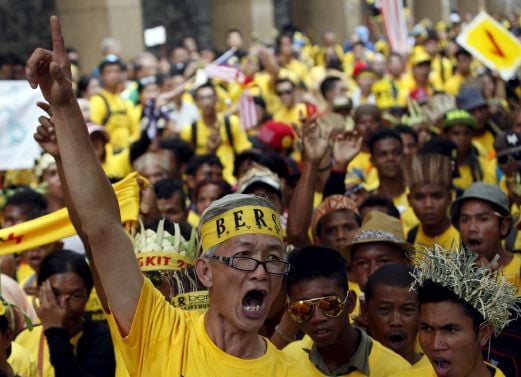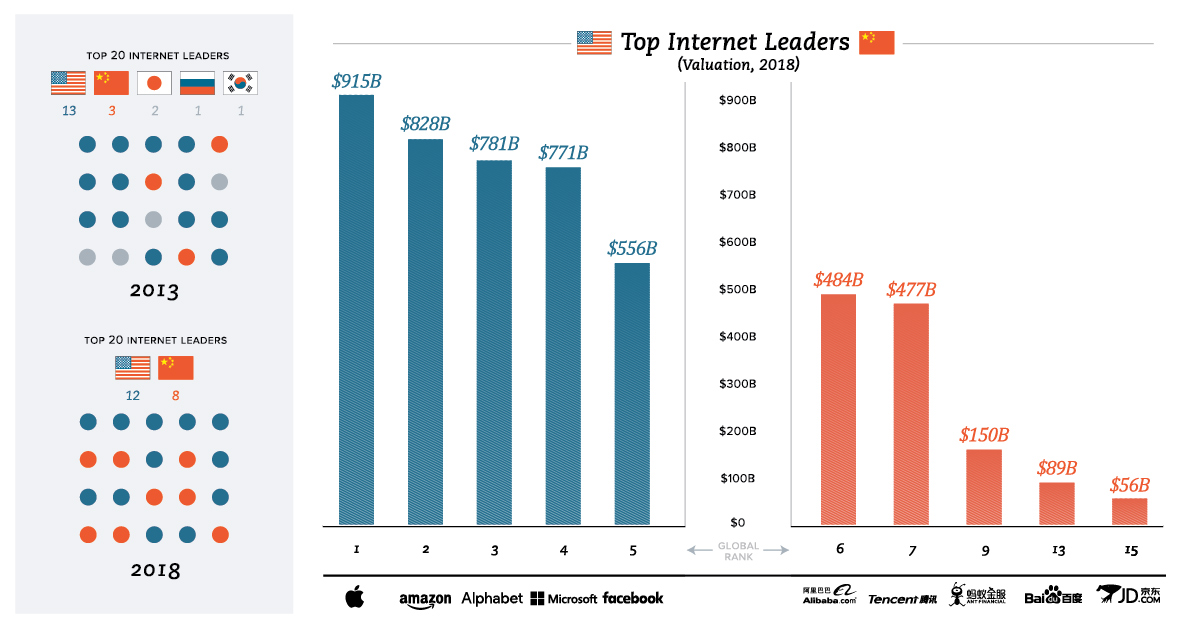
What we will talk about
- What is artificial intelligence (AI) and machine learning (ML)?
- What are human rights? What is the connection of AI and human rights?
- The Southeast Asian context in AI: What can go wrong in AI implementations, specifically when it comes to data?
Artificial intelligence
and machine learning
artificial intelligence (AI)
AI is “the study of devices that perceive their environment and define a course of action that will maximise its chance of achieving a given goal” (World Wide Web Foundation, 2017).
Machine learning (ML)
Instead of giving computers step-by-step instructions to solve a problem, the human programmer gives the computer instructions and rules to learn from the data provided. Based on inferences gained from the data, the computer then generates new rules to provide information and services. (Internet Society, 2017)
What can go wrong with
machine learning
- Quality of training data: This is known as the “garbage in, garbage out” problem where even the best algorithms will give skewed outputs when the data that it trains on is biased.
- System design: The human designers of the AI systems may incorporate their own values on the design, such as prioritising certain variables to be optimised, over others.
- Complex interactions: The AI system may interact with its environment in a way that leads to unpredictable outcomes.
human rights
according to the udhr

Creator: Zen Pencils




economic, social and cultural rights (ESCR)
include: the rights to health, education, social security, proper labour conditions, quality of life, and participation in cultural life and creative activities.
Civil and political rights (CPR)
such as the right to life and self-determination, as well as individual freedoms of expression, religion, association, assembly, and so on.
These rights are often considered as positive rights, which require action to fulfil (such as providing opportunities for decent work).
Protecting civil and political rights require inaction (such as not restricting freedom of expression).
Positive impacts of ai on human rights
Example: Covid-19, right to health
- Drug discovery: by digesting large volumes of scientific literature and biomedical research (BenevolentAI) or using data on genomes to predict organisms' protein structure (DeepMind AI, Google)
- Epidemic detection: by picking up unusual patterns of unexplained pneumonia cases, and sounding an alert (HealthMap)
- Diagnosis: by spotting signs of a COVID-19 infection in medical images, of chest X-Rays (COVID-NET by DarwinAI)
- Mental health monitoring: by AI-driven text analysis looking at Covid-19 hashtagged tweets (Stanford University)

Source: ZDNet
impacts of bad ai implementation

(Source: The Guardian)
when ai is weaponised against cpr

(Source: New York Times)
what we have so far
Your perspective on data surveillance differs, if you're looking at
- economic, social and cultural rights (ESCR), or
- civil and political rights (CPR)
context of southeast asia
ai and escr

governments are interested in developmental benefits of ai
The ASEAN Smart Cities Network is a platform for 26 cities across ASEAN to work together towards the common goal of smart and sustainable urbanisation.
- Civic and social
- Health and well-being
- Safety and security
- Quality environment
- Built infrastructure
- Industry and innovation

however, government readiness for ai is uneven across the region
AI Government Readiness Index by Oxford Insights ranks country readiness for AI by four high-level clusters: governance; infrastructure and data; skills and education; and government and public services.
Singapore ranks as #1 and Timor Leste as #173.
| Country (World Ranking) | Score |
|---|---|
| Singapore (1) | ~9.186 |
| Malaysia (22) | ~7.108 |
| Philippines (50) | ~5.704 |
| Thailand (56) | ~5.458 |
| Indonesia (57) | ~5.420 |
| Vietnam (70) | ~5.081 |
| Brunei Darussalam (121) | ~3.143 |
| Cambodia (125) | ~2.810 |
| Laos (137) | ~2.314 |
| Myanmar (159) | ~1.385 |
| Timor Leste (173) |
~0.694 |
(Source: Oxford Insights, 2019)
internet access in southeast asia is also uneven
- Internet penetration within Southeast Asia is about 60%, but is uneven across countries.
- Lack of internet access means that many are not participating in data generation, even if they are affected by data-driven policies

good data is scarce in southeast asia
For example, only Indonesia and Philippines in Southeast Asia have adopted the Open Data Charter (as part of 30 governments in the world).
In 2017, the Open Data Barometer scored Philippines at 42 and Indonesia at 37 in their publishing and usage of open data for accountability, innovation and social impact.

(Source: Open Data Barometer, country report of Philippines)
context of southeast asia
ai and CPR

governments tilt towards authoritarianism
The latest report from Civicus Monitor shows that none of the eleven countries in the region received a rating higher than “obstructed”. None of the eight countries assessed in the Freedom on the Net report by Freedom House (2018) obtained a “free” status in Internet freedom.

Image source: New Straits Times
governments engage in digital surveillance
Most countries within the region use two or more types of surveillance technologies in the form of smart/safe city implementations, facial recognition, and smart policing; and all of these countries use technologies imported from China, and to a lesser extent from the US as well.

Adapted from: AI Global Surveillance Index (AIGS 2019)
(with no data on Brunei, Vietnam, Cambodia, and Timor Leste)
governments engage in digital surveillance
- Other forms of government surveillance include social media surveillance and using AI to collect and process personal data and metadata from social media platforms.
- The Freedom on the Net (FOTN) Report (2019) states that 13 out of the 15 Asian countries that it covers have a social media surveillance programme in use or under development, but does not specify which.
- The odds are high for these eight Southeast Asian countries covered in the report: Philippines, Malaysia, Singapore, Indonesia, Cambodia, Myanmar, Thailand, and Vietnam.

disinformation campaigns and microtargetting
- A report that tracks digital disinformation in the 2019 Philippine midterm election points out that Facebook Boosts (Facebook’s advertising mechanism) are essential for local campaigns because of their ability to reach specific geographical locations. Besides advertising the Facebook pages of official candidates, Facebook Boosts were also used to promote negative content about political opponents.
- In Indonesia, ahead of the 2019 general elections, experts warned of voter behavioural targeting and voter microtargeting strategies which might exploit personal data of Indonesian voters to change election outcomes.

Source: New Mandala, 2019
concerns on
data surveillance
Data colonialism

Image source: VisualCapitalist.com
Data colonialism
- Southeast Asia imports most of its AI applications, mostly from US and China
- Data colonialism "combines the predatory extractive practices of historical colonialism with the abstract quantification methods of computing" (Couldry & Mejias, 2018).
- Surveillance capitalism:
- Companies push for more users and collect user data and data from users’ online behaviour,
- The data is analysed through artificial intelligence (AI) and machine learning,
- These analysis are converted into products that predict human behaviour
- Prediction products are refined into products that convert human behaviour.

digital divide and exclusion from datasets
"In a future where public policy and the marketplace will be shaped significantly by big data and the predictions it makes possible, the exclusion of poor and marginalized people has troubling implications: for economic opportunity, for social mobility, and even for equal citizenship. These technologies have the potential to create a new form of voicelessness, one in which the preferences and behaviors of poor and otherwise marginalized people receive little or no consideration when companies and governments make decisions, both large and small, about how public institutions and the marketplace should evolve." (Lerman, 2013)

digital authoritarianism

Source: (Freedom House, 2019)
key takeaways
- Data surveillance is not a binary good or bad
- To use AI for good (to enhance ESCR), we need to have quality and open data
- To protect people from malicious uses of AI (against CPR), we need to protect data privacy
- Southeast Asia needs to be part of the global conversation on AI and data governance
thank you
https://slides.com/jun-e/aihumanrightsdata/